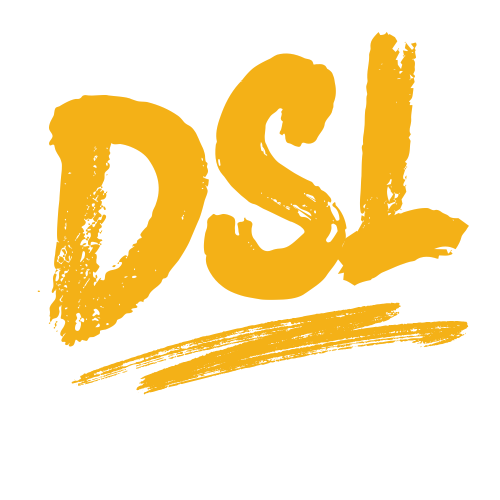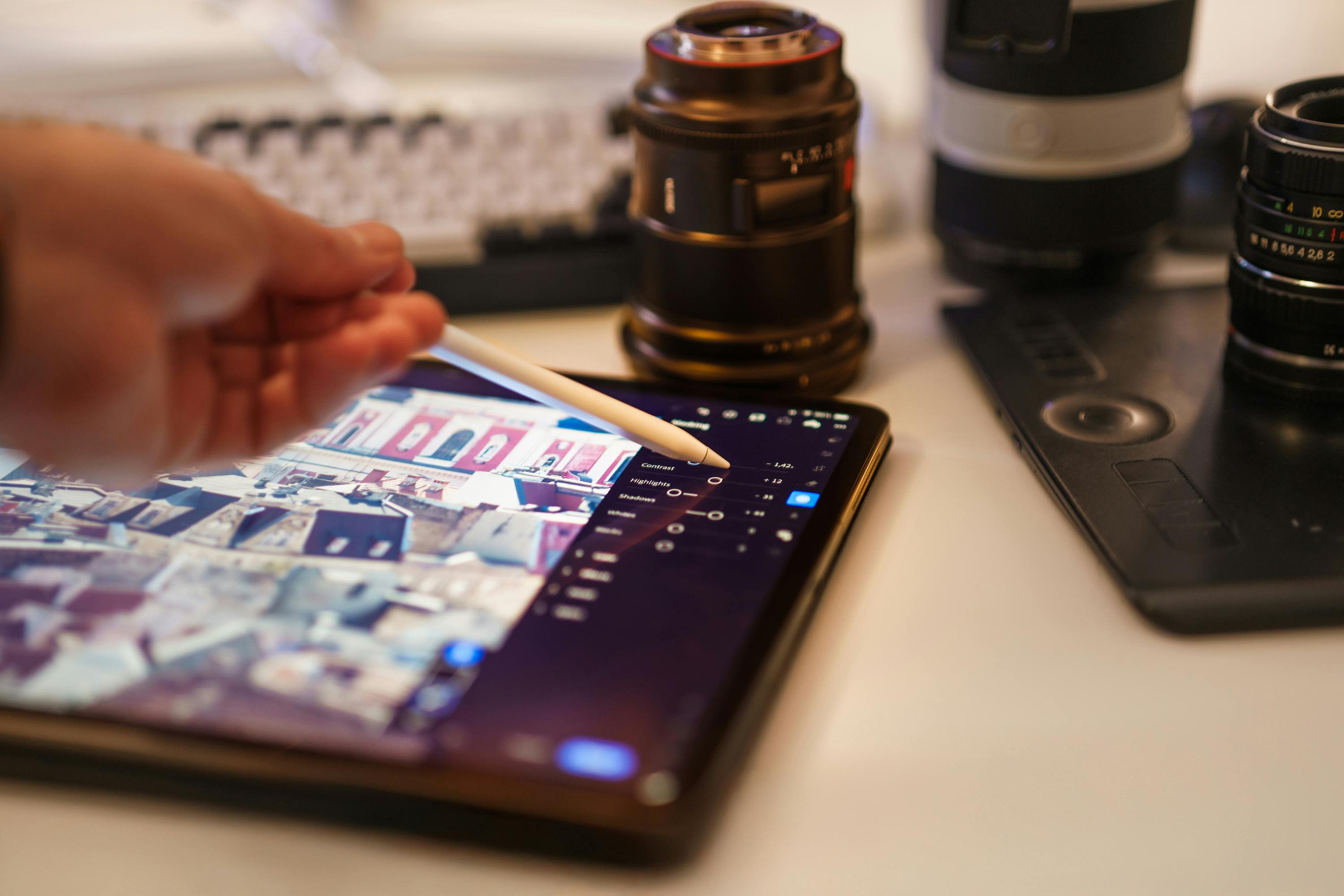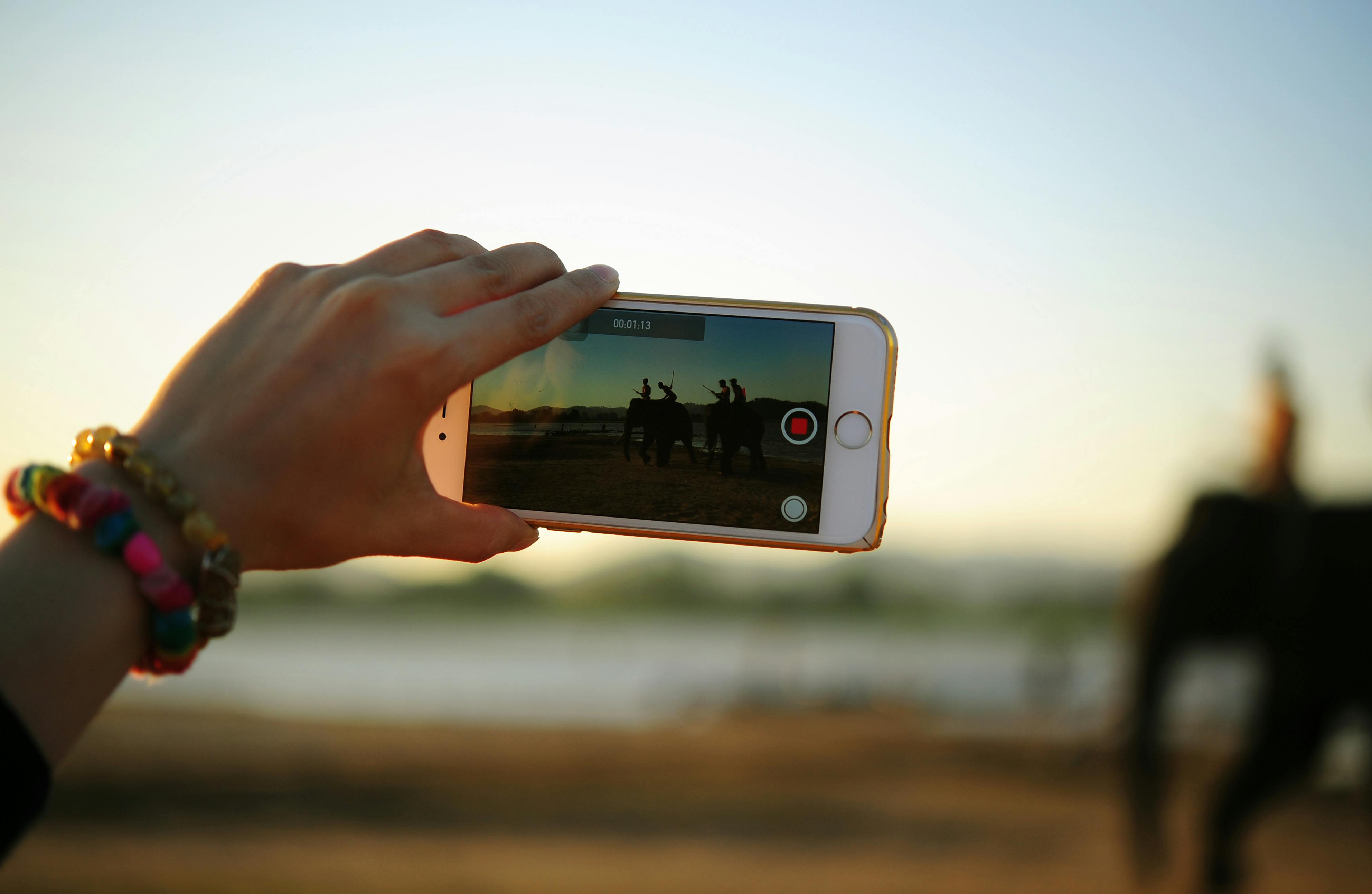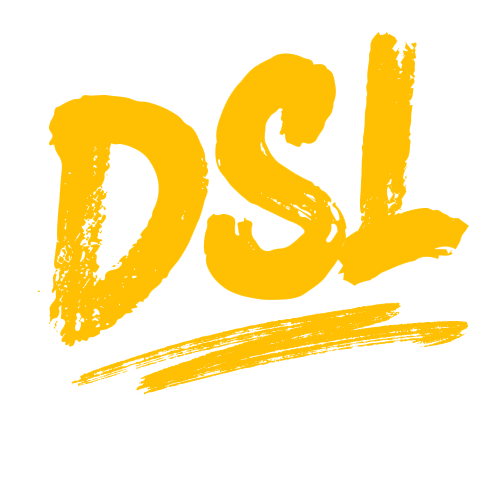
Digital Storytelling Lab
A Hub for Alternative Knowledge Production
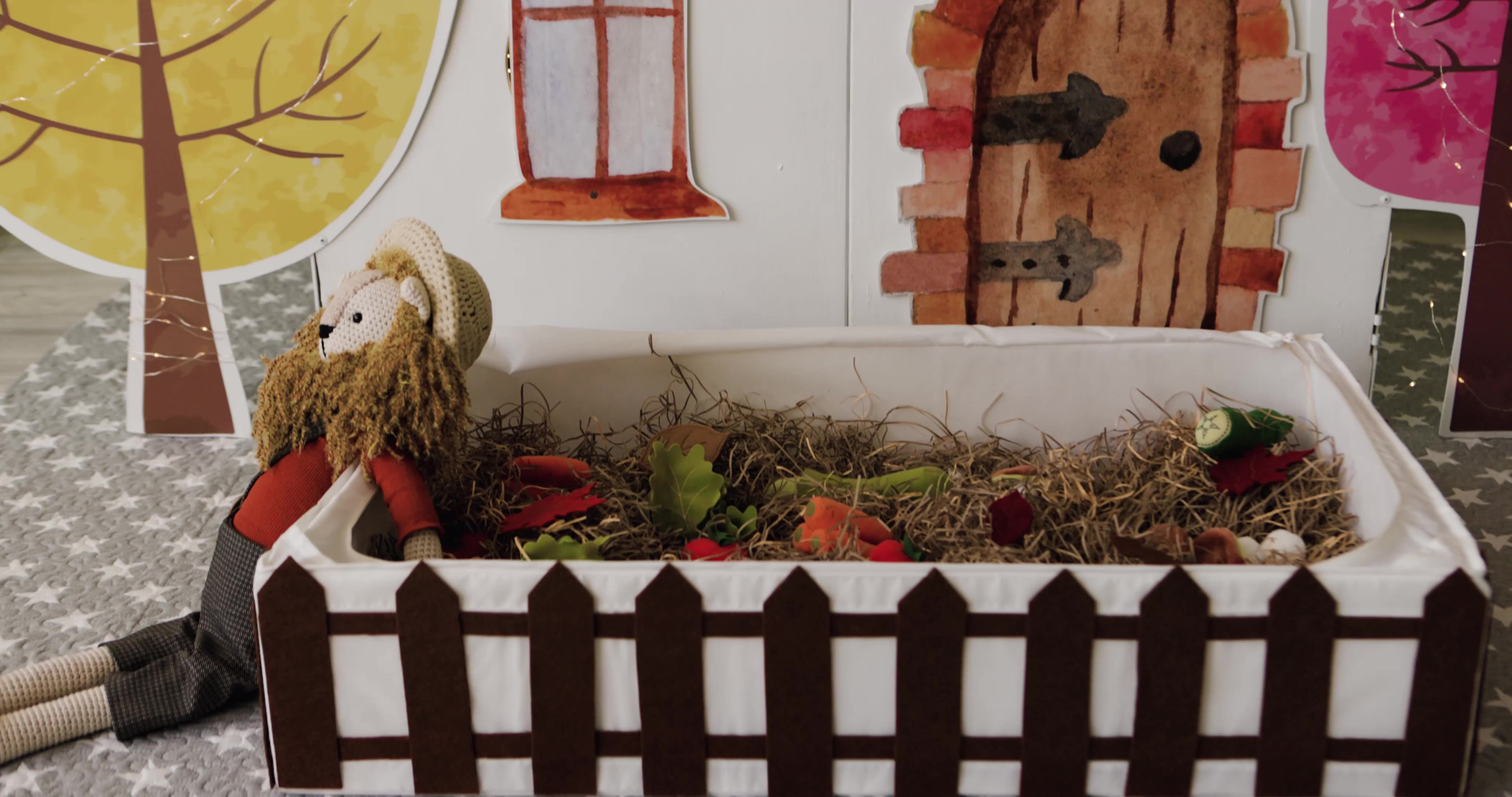
Digital Storytelling as a Decolonial Method: A Sample Story
This short video is part of my ongoing exploration of digital storytelling (DST) as a research method. It brings together fragments of my journey—from working as a journalist during the Arab Spring in Egypt to my present life as a PhD student in Canada.
The video does not aim to offer answers, but to show how stories can carry knowledge in ways that written text alone cannot. By combining voice, image, and memory, it reflects the kinds of questions that guide the Digital Storytelling Lab (DSL): How do we hold experiences of rupture and resilience? How do we share knowledge in forms that are embodied, relational, emotional, and accessible?
For me, creating this piece was both personal and methodological. It allowed me to reflect on my own positionality while also experimenting with DST as a decolonial practice. The process illustrates some of the principles at the heart of the lab—storytelling as co-creation, as a refusal of silence, as a way of making knowledge with dignity and care, and as a tool for producing counter-narratives that resist dominant framings of exile, belonging, and resistance.
What is Digital Storytelling as an Arts-Based Research Method?
What We Do
The Digital Storytelling Lab (DSL), designed by a graduate student at the School of Social Innovation at Saint Paul University, is a research initiative created for graduate students exploring arts-based and community-centered storytelling methodologies as alternative approaches to knowledge production in academia. Rooted in decolonial and feminist epistemologies, the project challenges traditional text-based academic norms by integrating multimedia, participatory research, and creative expression.
This project envisions the DSL as a space for experimentation, co-creation, and reimagining knowledge production. By fostering collaborative and multimodal research approaches, DSL seeks to shift power dynamics in academia—amplifying marginalized voices and transforming the ways we engage with knowledge.
Target Audience
The DSL is primarily designed for graduate students, providing a hands-on research space to explore digital storytelling as a scholarly and creative practice. It will also serve as a resource hub for researchers, educators, and community partners interested in using storytelling as a tool for advocacy and knowledge mobilization.
Timeline
This project will unfold in three phases, beginning in 2025 and concluding in 2028:
1. Phase One: Develop an interactive digital platform featuring digital storytelling examples and educational resources tailored for graduate students and researchers.
2.Phase Two: Expand into case studies and community engagement, fostering collaborations and practical applications of digital storytelling as a research method.
3.Phase Three: Propose the establishment of the Digital Storytelling Lab (DSL) as a research and public engagement hub, hosted by the School of Social Innovation at Saint Paul University.
The DSL seeks to evolve into a transformative space for graduate students, bridging academic research, creative practice, and community storytelling to foster inclusive and decolonial knowledge production.
Superviser: Dr. Amanda Wilson
awilson@ustpaul.ca
Ph.D Student: Kawther Ramadan
krama009@uottawa.ca
Learning Hub

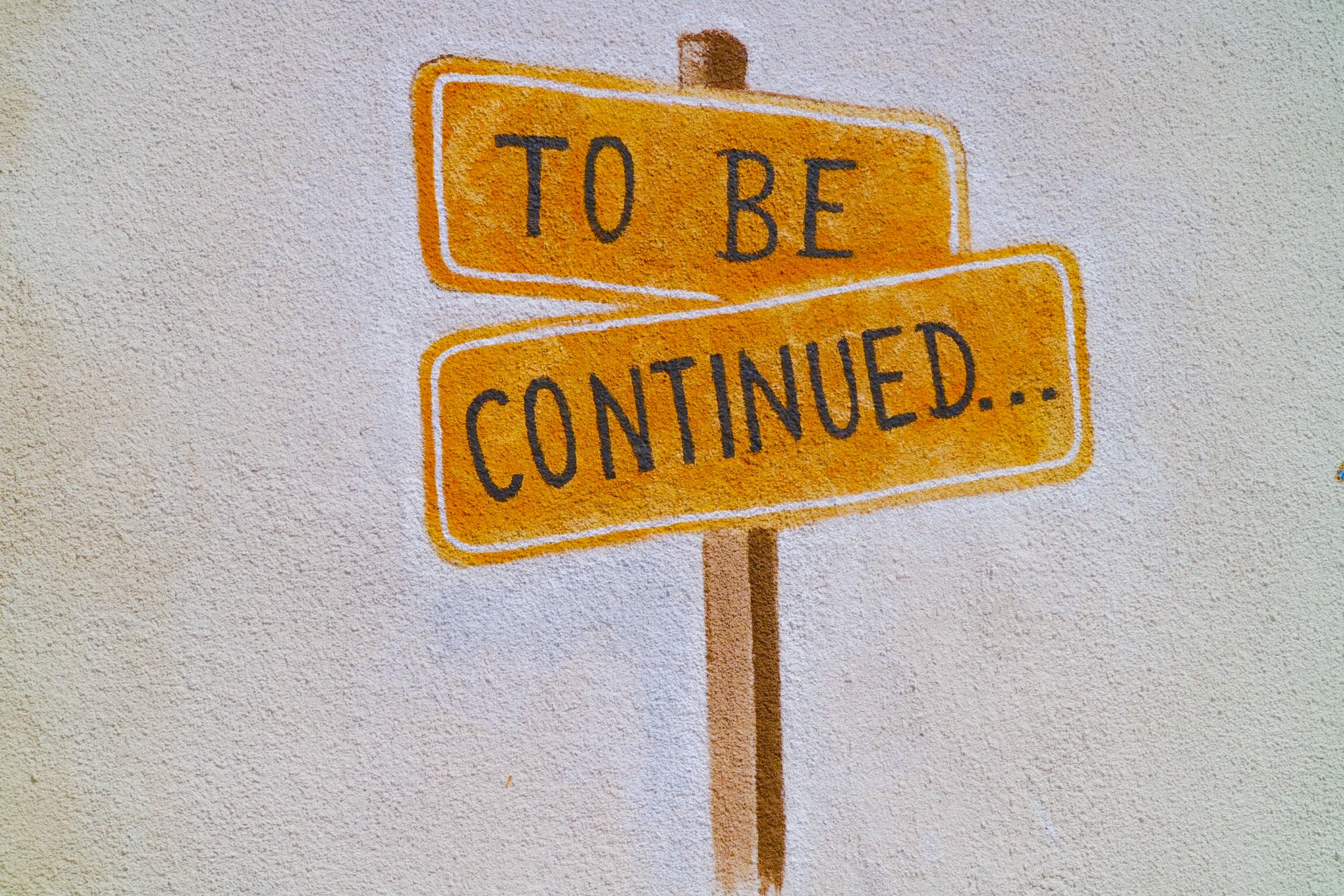
Resources

Digital Storytelling & Visualization Tools
Here are the top recommendations for software to help you record, edit, and share your audio and video projects. We’ve focused on tools that are free, user-friendly, and prioritize your privacy and data security. This is not a comprehensive list, but a selection of our favorites
Audio Recording
Audacity : is the world's most popular audio editing and recording app
Zencastr: is for podcasters and anyone who wants to create high-quality audio and video.
SoundCite: Embed playable audio clips directly into text.
Headliner: Create audio visualizers and videos for podcasts or voice recordings.
StoryCorps: Record and archive personal interviews; great for community voices.
StoryCorps Questions: A guide to meaningful interview prompts.
PodVideo: Turn audio into engaging video clips for sharing.
Video Recording
Google Camera App: This is the default camera app on many Android devices and performs well for simple video recording.
iOS Camera App: The built-in camera app on Apple iOS offers high-resolution video recording (varies by iPhone model) and features like time-lapse and slow-motion capture.
Timelines & Storylines
KnightLab Timeline: Create visually-rich, interactive timelines using Google Sheets.
KnightLab Storyline: Build non-linear, flexible story structures ideal for oral histories and community narratives.
Mapping Tools
Google My Maps: Customize maps to visualize locations, routes, and narratives.
Tableau Public: Turn geographic and tabular data into interactive visual stories.
KnightLab StoryMap: Combine maps with multimedia storytelling to trace journeys or explore places.
ArcGIS: A powerful platform for professional mapping and spatial data analysis.
Data Visualization
Piktochart, Infogram, Venngage: User-friendly tools to design infographics, reports, and data presentations.
DataWrapper & Flourish: Create interactive charts and maps to enhance storytelling.
Genial.ly: Design rich visual content like infographics, quizzes, and presentations with interactivity.
Interactive Images & Visual Media
Photoshop: Design and animate custom GIFs and images.
Thinglink: Add interactive elements to images, videos, and 360° content.
Juxtapose: Compare two visuals interactively—ideal for “before & after” stories.
Canva: A versatile design platform for visuals, infographics, and social media content.
Flipbook (Steller): Create immersive photo-based storytelling flipbooks.
Choose-Your-Own-Adventure Tools
Twine: Build interactive, branching stories with a visual interface—perfect for speculative narratives or role-based journeys.
Website Builders (Beyond WordPress)
Wix, Shorthand, Weebly: Easy-to-use platforms for building dynamic, multimedia-rich websites.
Fonts & Typography
Adobe Fonts & DaFont: Browse and download high-quality fonts to elevate your visual storytelling.
Free Image Libraries
Pexels & Unsplash: Find high-resolution, royalty-free images for creative projects.
Colour Inspiration
Design Seeds: Curated color palettes drawn from real-life photos.
Paletton: Generate complementary color schemes for polished, visually cohesive designs.
Toolkit:
Community Stories
Submit Your Story
Have a story to tell? Share your digital story and be part of a movement that challenges dominant narratives and reimagines knowledge production. Whether you’re a graduate student, researcher, or community storyteller, your voice matters!
Send your story to: contact@digitalstorytellinglab.ca

Land Acknowledgment
The Digital Storytelling Lab operates on the unceded territories of the Algonquin Anishinaabe Nation. We recognize and honor the deep histories, cultures, and ongoing presence of Indigenous peoples in this region and across Canada. Storytelling has long been a vital practice for Indigenous communities, carrying knowledge, traditions, and resistance across generations.As a space dedicated to storytelling, we are committed to fostering respectful relationships, amplifying diverse voices, and continually learning from Indigenous ways of knowing. We acknowledge our responsibility to engage with these narratives ethically and to support decolonial approaches to knowledge-sharing.
©2025 Digital Storytelling Lab
